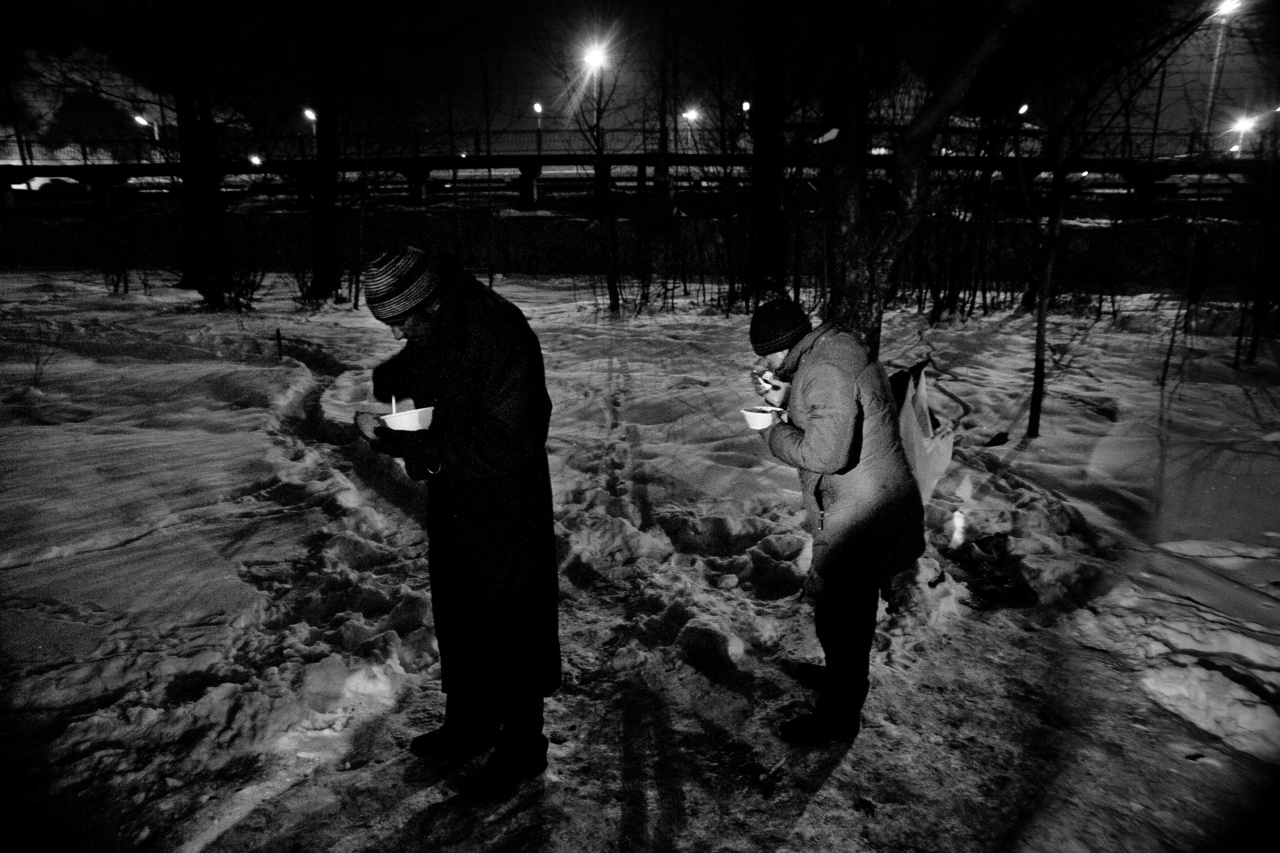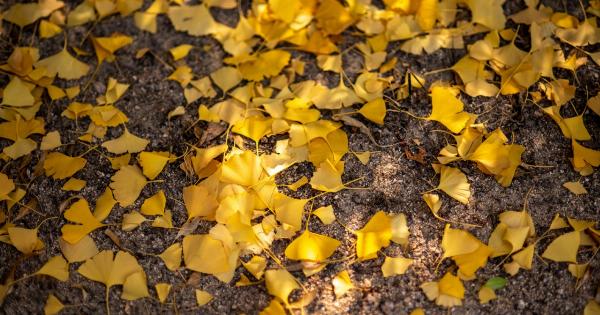Eczema flare-ups can be particularly troublesome during the winter season. With the combination of low humidity, harsh winds, and cold temperatures, the skin is more prone to dryness and irritation.
Understanding the common causes of winter eczema flare-ups is crucial in managing this skin condition effectively. In this article, we will explore eight winter causes of eczema flare-ups that you need to know.
1. Low Humidity
During winter, humidity levels drop significantly, both indoors and outdoors. This decrease in humidity can cause the skin to become dry and itchy, resulting in eczema flare-ups.
Dry air strips the skin of its natural moisture, leading to increased inflammation and irritation. To combat this, consider using a humidifier in your home to reintroduce moisture into the air.
2. Harsh Winds
Winter winds can be brutal on your skin, especially if you have eczema. The cold, gusty winds can strip away the skin’s natural oils and create a barrier against moisture absorption. This can worsen eczema symptoms and trigger flare-ups.
To protect your skin, make sure to wear a scarf or face mask to shield your face from the harsh winds.
3. Overheated Indoor Environments
While staying warm indoors is essential during the winter, overheated environments can exacerbate eczema symptoms. Indoor heating systems can lower humidity levels and dry out the air, leading to increased skin dryness and irritation.
Opt for a moderate indoor temperature and use a humidifier to add moisture back into the air.
4. Hot Showers and Baths
Taking hot showers or baths during the winter may feel comforting, but they can be detrimental to your eczema-prone skin. Hot water strips away the natural oils from your skin, leaving it dry and vulnerable to flare-ups.
To prevent this, take lukewarm showers or baths for shorter durations and immediately apply moisturizer afterward to lock in moisture.
5. Wool and Synthetic Fabrics
Winter wardrobes often involve cozy wool sweaters and synthetic fabrics. However, these materials can be irritating for eczema-prone skin. Wool is known for its rough texture, causing itchiness and exacerbating eczema symptoms.
Synthetic fabrics, on the other hand, may not allow your skin to breathe properly, leading to increased sweating and irritation. Opt for soft, breathable fabrics such as cotton to minimize skin irritation.
6. Excessive Hand Washing
During the winter, people tend to wash their hands frequently to prevent the spread of germs. However, frequent hand washing can strip away the skin’s natural oils, leaving it dry and prone to eczema flare-ups.
When washing your hands, use lukewarm water and gentle, fragrance-free soap. Immediately follow up with a moisturizer to replenish the skin’s moisture barrier.
7. Lack of Sunlight
During winter, there is less exposure to sunlight, which can have an impact on your eczema. Sunlight provides the skin with a natural source of vitamin D, which plays a crucial role in maintaining healthy skin.
Insufficient vitamin D levels can worsen eczema symptoms and trigger flare-ups. Consider taking vitamin D supplements or speaking to your doctor about alternative options.
8. Stress and Holiday Season
The holiday season can be stressful, and stress is known to worsen eczema symptoms. Stress releases certain hormones that can lead to increased inflammation and heightened sensitivity.
To manage stress, engage in relaxation techniques such as meditation or deep breathing exercises. Prioritize self-care and find ways to unwind during the holiday season.
Conclusion
By understanding the common causes of winter eczema flare-ups, you can take proactive steps to manage your condition effectively.
Be mindful of low humidity levels, harsh winds, overheated environments, hot showers, irritating fabrics, excessive hand washing, lack of sunlight, and stress during the winter season. Taking preventative measures and practicing proper skincare can help alleviate eczema symptoms and reduce the frequency of flare-ups.






























